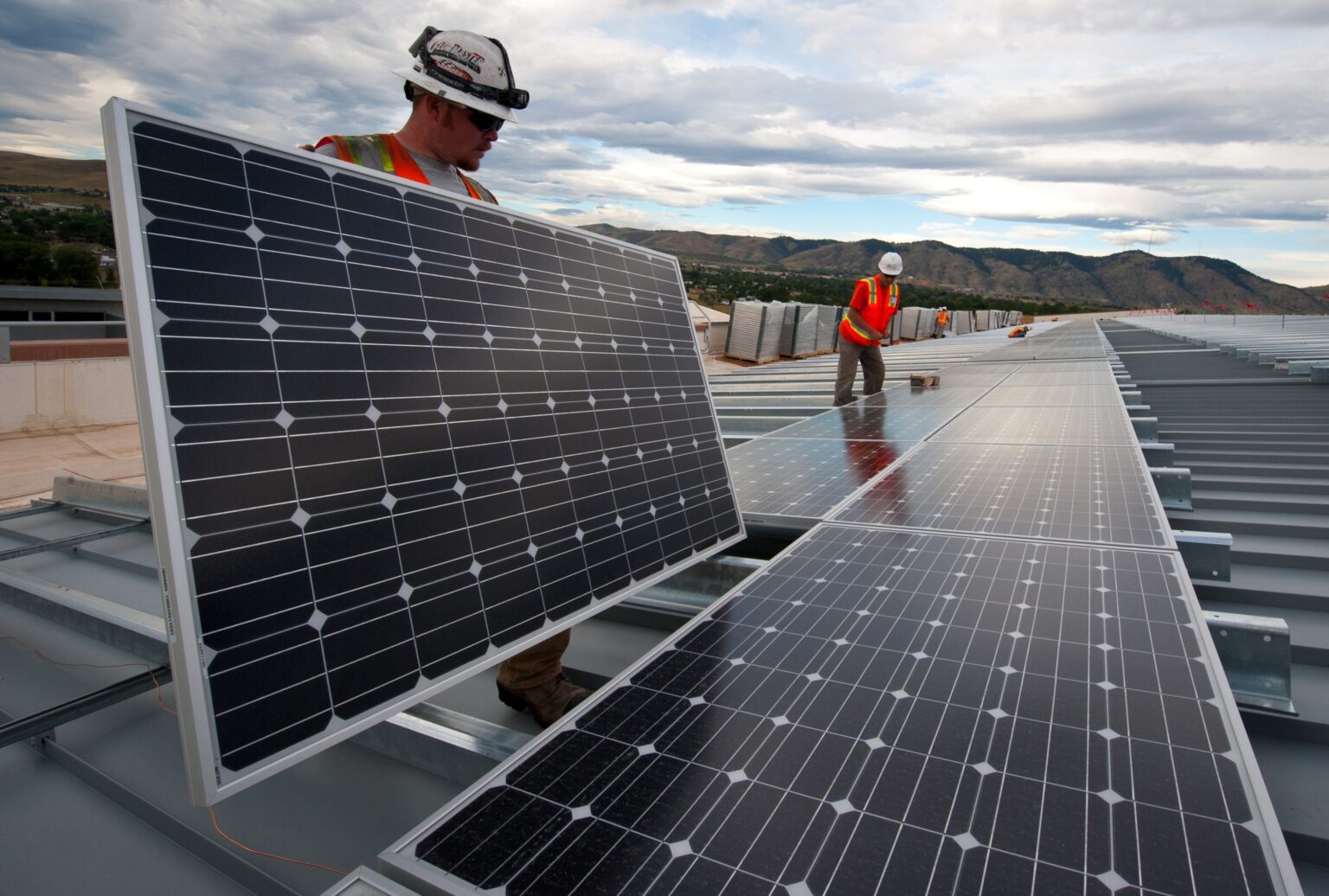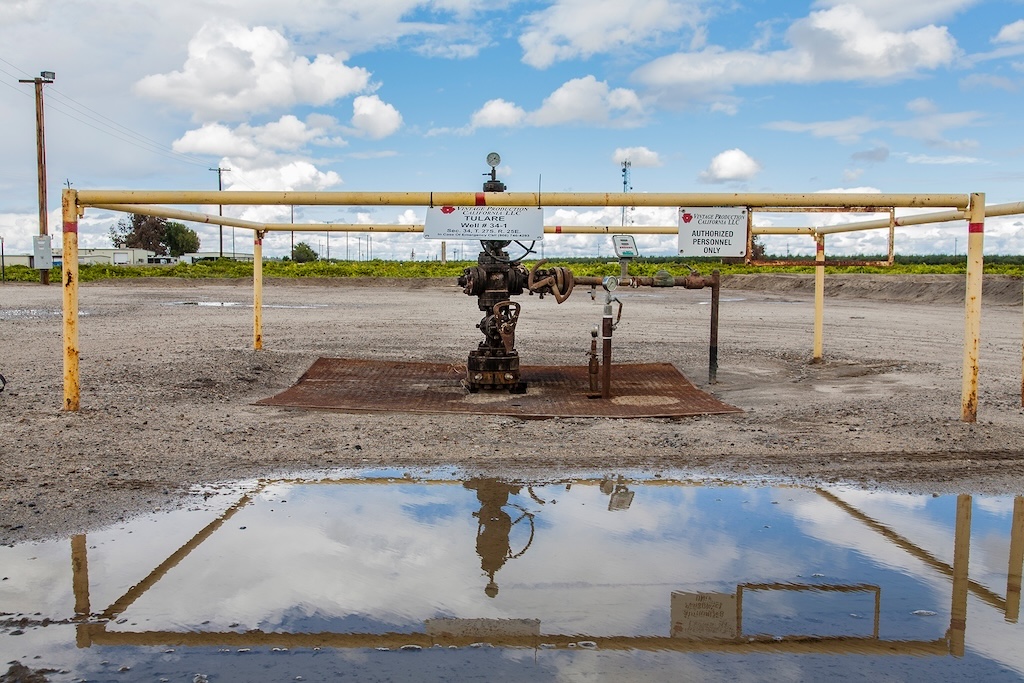Alberta Premier Danielle Smith boasted in June that a private sector proponent for a new bitumen pipeline to British Columbia’s coast would come forward “within weeks.” Three months have passed and exactly zero companies have bet their own money to back up the pipeline hype constantly coming from Smith.
Prime Minister Mark Carney announced the first tranche of infrastructure projects to be fast tracked by the federal government, which also conspicuously included no bitumen pipelines.
What gives? It is almost as if the oil industry does not share the giddy enthusiasm of the Alberta government for somehow doubling the province’s heavy oil production.
Perhaps companies have been reading recent news, which has not been good for those still believing that oil prices and demand would justify billions in long-term investments. The U.S. Energy Information Administration just projected that additional supply coming online from the increasingly shaky OPEC cartel will dump the price of Brent crude from $68 per barrel in August to an average of $51 in 2026.
The International Energy Agency also recently warned that despite ongoing conflicts in Ukraine and elsewhere, “the prospect of looming oversupply dampened any positive price impetus, as investor sentiment towards oil remained strongly bearish.”
Oil is of course a cyclical commodity, and prices rise and fall over time, but this time the decline is structural. A recent report by Ember on the dizzying deployment of renewables shows that China is “creating the conditions for a decline in fossil fuel use” across the globe.
Renewable Revolution
China is rapidly electrifying their entire economy, replacing coal, oil and natural gas with a homegrown renewable technology sector currently worth $1.9 trillion, or about 10 percent of their GDP. This level of clean energy investment is growing three times faster than the Chinese economy overall and leaving other economic powers in the dust.
Chinese wind and solar generating capacity more than doubled from 2021 to 2024, overtaking coal as an energy source in early 2025. Battery deployment last year was more than the U.S. and Europe combined. The pace of this transformation is accelerating with Chinese wind and solar investments in the first half of 2025 more than double the same period in 2024.
Between 2015 and 2023, China increased electricity use by 65 percent. Clean energy met 84 percent of that increased electrical demand in 2024 and exceeded it the first quarter of 2025, reducing fossil fuel use by two percent. Battery storage investment in China soared by 69 percent in the last year.
China has become a global leader in renewable research and intellectual property, filing over over 5,000 clean energy patents in 2022 — three times more than the rest of the world combined. Even the Wall Street Journal lamented the U.S. Is Forfeiting the Clean-Energy Race to China, noting that Chinese battery giant CATL invested $2.6 billion on research last year employing 20,000 people.
Chinese battery and solar manufacturing capacity exceeds domestic demand by a widening margin, propelling renewable exports around the world that are already undermining fossil fuel demand. “They are just leading the world by an absolutely mind-boggling margin,” Caroline Wang, an analyst with the Australian think tank Climate Energy Finance told the WSJ on Chinese dominance in renewable technologies.
Global South Pulls Ahead
While leaders like Premier Smith and President Trump may try to engage in a futile culture war in favour of fossil fuels, a more compelling force is simple economics. According to Ember, 91 percent of wind and solar installations deployed last year were cheaper than equivalent fossil fuel options. Even in the U.S. – currently riven by divisive politics – over 80 percent of new electrical capacity added in 2025 was solar with three quarters of those installations built in states that voted for Trump.
China also sees this transition as a way to reduce strategic vulnerabilities to foreign oil imports, a sentiment that could soon become contagious around the world. Four fifths of the global population lives in countries that import fossil fuels. Replacing oil, coal and LNG imports with locally produced clean energy is not only cheaper but avoids risky supply chains that are expensive and challenging to defend.
For years oil enthusiasts have predicted that the Global South would provide the engine of future demand. China is upending that agenda by providing cheap reliable renewable technologies to countries like Mexico, Pakistan, and Malaysia. Almost two thirds of developing countries now use a greater proportion of renewables than the U.S. Imports of Chinese solar panels in Africa soared by 60 percent in the last year.
Will political rhetoric overpower economics around a new bitumen pipeline from Alberta? B.C. Premier David Eby is betting not, stating he is not categorically opposed to a privately funded project through his province – apparently confident that it will not happen given the pace of the global energy transition.
“There’s no money for it,” Eby told the CBC, clarifying that his opposition is against public funds being shoveled at a money-losing oil pipeline when many renewable projects are good to go. “We have major projects with private proponents, cash on the table, ready to go to hire people and build — let’s focus on those.”
The authors of the Ember report concur with Eby’s dim assessment of oil pipeline economics, warning, “For petrostates and others committed to expanding fossil fuel extraction, China’s clean energy progress raises questions about the long-term viability of fossil fuel expansion-led development plans.”
Hear that, Premier Smith?
Subscribe to our newsletter
Stay up to date with DeSmog news and alerts






